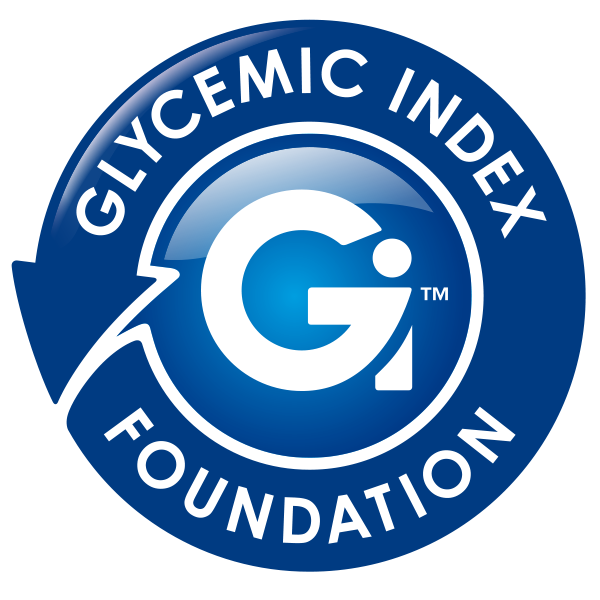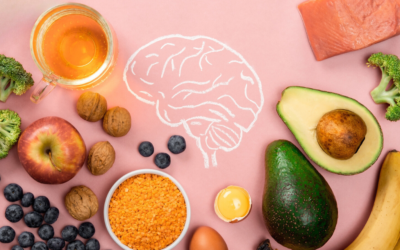Our body’s immune system is our defence against infection. When functioning well it can help keep us healthy and protect against a wide range of illnesses.
There are a number of lifestyle factors that can help keep our immune system strong, including adequate rest, regular exercise, good hygiene and decreased stress.
But there’s a growing body of evidence[i] confirming diet also has a major influence on our immune function, just as it does many other aspects of our health and physical well-being.
Benefits of good nutrition
While it’s certain our choice of diet impacts on our overall health, the interaction between diet and a healthy immune system is complex. Medical scientists are still trying to unravel how the food we eat can improve – or harm – our immune function.
Our diet can easily include too much of the wrong type of food and nutrients such as saturated fat, highly refined and high GI starchy foods, added sugar, salt too many calories for what our body’s need These can affect inflammatory processes, white blood cell function and the microbiome (the collection of microbes that naturally live on and in our bodies), which can impact the functioning of our immune system.
So, it’s not surprising that poor diets are often closely associated with poor health.
In contrast, a healthy diet will contain vegetables, fruit, nuts and legumes, seafood, and more whole foods in general, all of which have been linked with a stronger immune function and reduced disease.
The low GI link
The good news is that a healthy low GI diet will generally include high levels of fruit, vegetables, healthy fats from olive oil and fish, fibre, nuts, seeds and protein. These foods in turn contain naturally high levels of vitamin A, vitamin C, zinc, vitamin D, B6, B12, copper, folate, iron, and selenium.
It is these vitamins and minerals that help reduce inflammation in the body, promote a healthy balance of gut bacteria, reduce oxidation and cellular damage, and improve blood sugar and insulin sensitivity – all of which are known to help the immune system function at its best.[ii],[iii]
Key nutrients to support immunity
Poor nutrition is associated with decreased immune health. Including key nutrients as part of a well-balanced low GI diet may improve and maintain your immune health
- Vitamin A – keeps the skin, stomach, intestine and respiratory system healthy and helps regulate the immune system and fight infection
- Vitamin D – activates and regulates immune cells
- Vitamin C – helps build healthy skin and protect cells from damage, due to antioxidant properties
- Vitamin E – protects immune cells from damage, due to antioxidant properties
- Protein – helps build antibodies and immune cell to help healing and recovery
- Zinc – helps generate new immune cells to help wound healing
Health benefits of a low GI diet
The science of GI is constantly evolving. Researchers are now seeing that a low GI diet could also be beneficial for managing or preventing health conditions such as cognitive performance, skin health, reducing the risk of some cancers, improving eye health, and managing gestational diabetes and the symptoms of poly-cystic ovary syndrome.
Research shows a low GI diet can reduce the risk of developing significant health problems and is a simple and effective way to:
- Manage weight by controlling appetite and delaying hunger
- Fuel the body for sustained energy
- Improve pregnancy outcomes
- Reduce the risk of developing type 2 diabetes and heart disease
- Improve concentration
- Increase physical performance by extending endurance
- Reduce breast cancer risk
- Manage Poly-cystic Ovarian Syndrome (PCOS)
- Decrease the risk of common diabetic complications
- Feel fuller for longer
- Benefit eye health and prevent age-related macular degeneration (AMD), a leading cause of blindness
- Reduce acne
Making low GI choices doesn’t require a dramatic change to your regular diet. It can be achieved by a simple swap from one high GI food to a low GI food at every meal.
Helpful resources to download:


